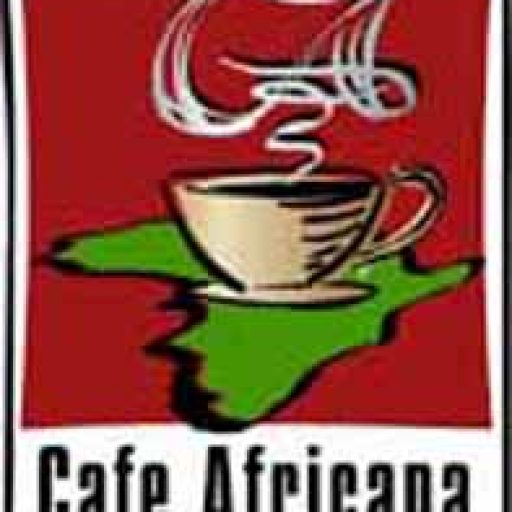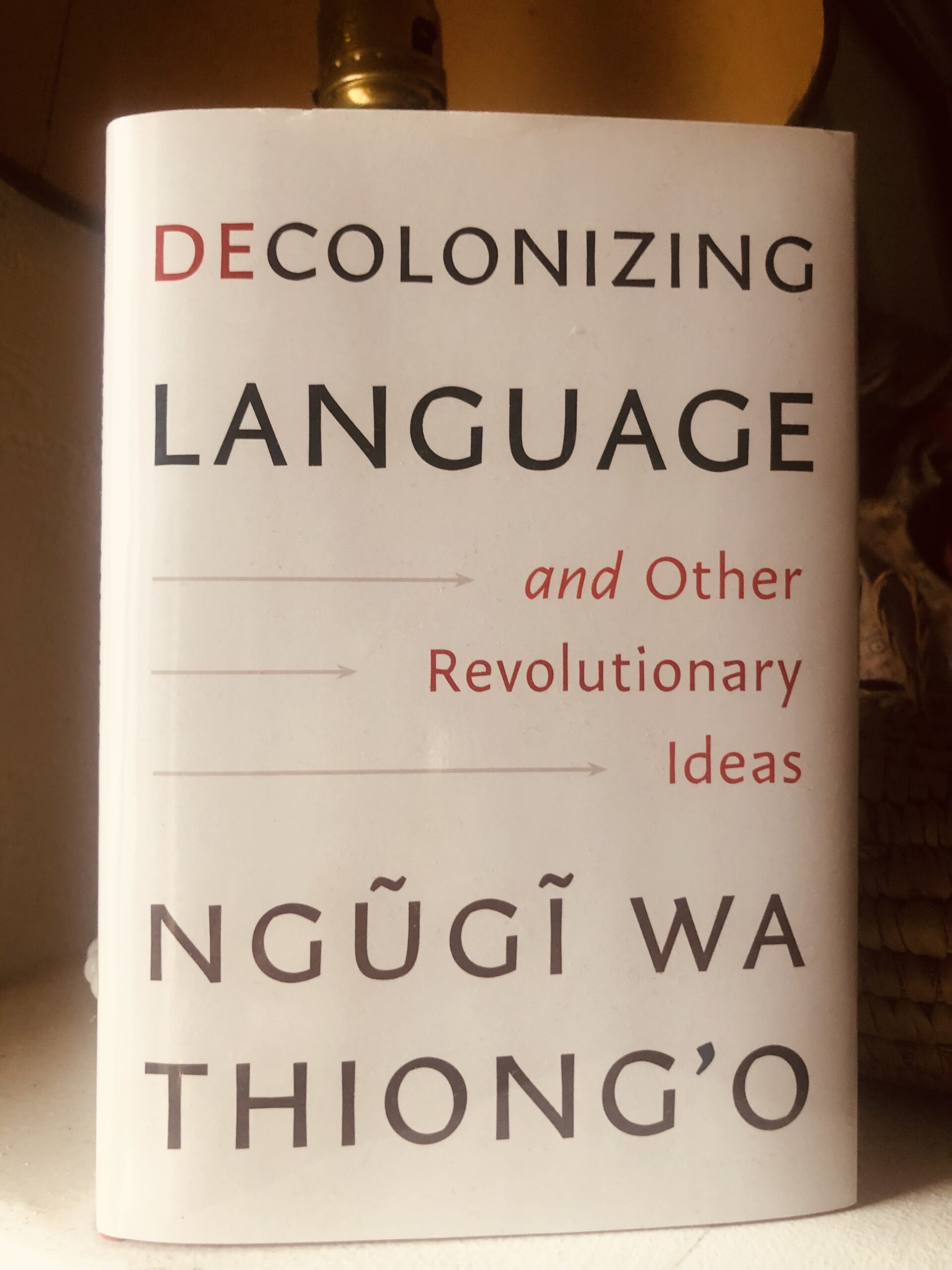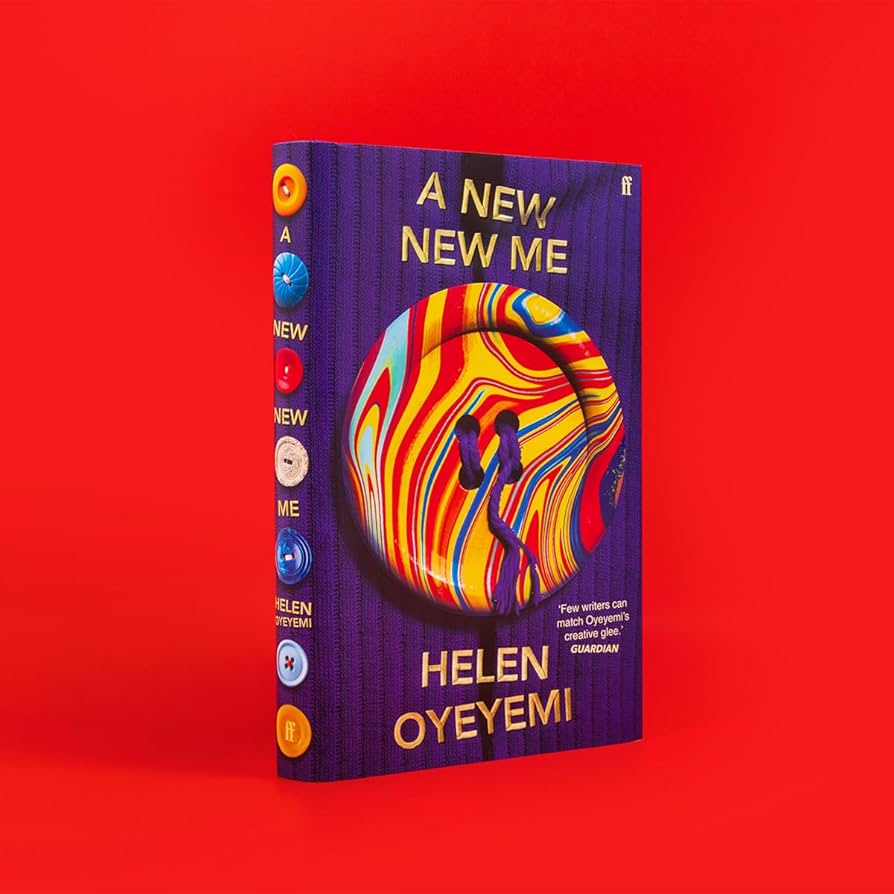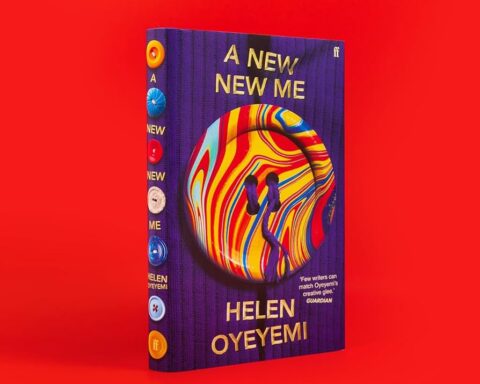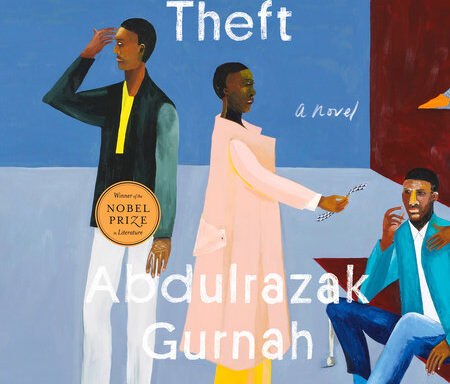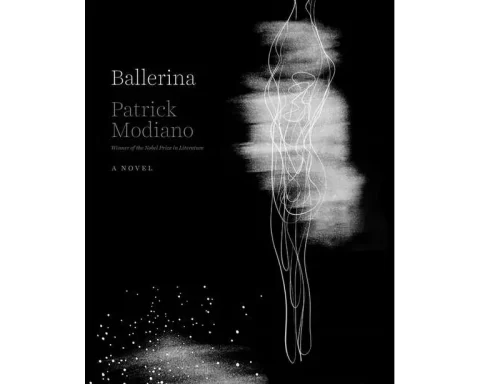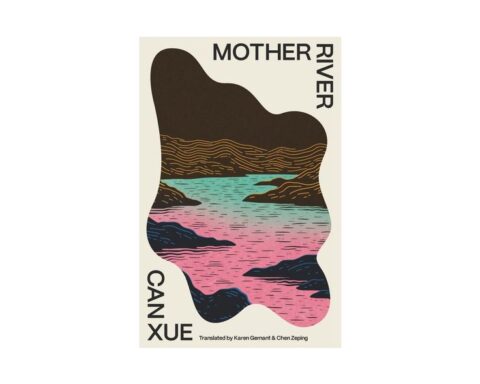Ngugi Wa Thiong’o 1938-2025.
The world lost a great man in Prof. Ngugi Wa Thiong’o. Thanks for the beautiful memories, with the visits to your house at UC Irvine Campus and traveling with you to the studio in Hollywood, and visits to UCI International Center for Writing and Translation. Thank you! May You Rest in Power.
“Ngũgĩ wa Thiong’o, the Founding Director of the International Center for Writing and Translation, wrote that “translation is the language of languages.” Translation is capable of forging new bonds and awakening new understandings; it is also capable of inciting critical social change. Join us in celebrating the promise of writing and thinking across languages.”
A Literary Hub Most Anticipated Book
Brilliant thoughts on modern African literature and postcolonial literary criticism from one of the giants of contemporary letters
“One of the greatest writers of our time.” —Chimamanda Ngozi Adichie, bestselling author
Ngũgĩ wa Thiong’o is a towering figure in African literature, and his novels A Grain of Wheat; Weep Not, Child; and Petals of Blood are modern classics. Emerging from a literary scene that flourished in the 1950s and ’60s during the last years of colonialism in Africa, he is now known not just as a novelist—one who, in the late ’70s, famously stopped writing novels in English and turned to the language he grew up speaking, Gĩkũyũ—but as a major postcolonial theorist.
In Decolonizing Language and Other Revolutionary Ideas, Ngũgĩ gives us a series of essays that build on the revolutionary ideas about language and its constructive role in national culture, history, and identity that he set out in his earlier work—illuminating the intrinsic importance of keeping intact and honoring these native languages throughout time.
Intricate and deeply nuanced, this collection examines the enduring power of African languages in resisting both the psychic and material impacts of colonialism, past and present. These themes are elucidated through chapters on some contemporaries of Ngũgĩ wa Thiong’o, including Chinua Achebe, Mĩcere Gĩthae Mũgo, and Wole Soyinka—each offering a distinct lens on the liberatory potential of language.
A brave call for discourse and immensely relevant to our present moment, Decolonizing Language and Other Revolutionary Ideas works both as a wonderful introduction to the enduring themes of Ngũgĩ’s work as well as a vital addition to the library of the world’s greatest and most provocative living writers
Editorial Reviews
Review
Praise for Decolonizing Language and Other Revolutionary Ideas:
“Ngũgĩ wa Thiong’o’s incisive analysis unearths the hidden connections between language and power, doling out insights into the fault lines of postcolonial African politics along the way. This will leave readers with much to ponder.”
—Publishers Weekly
“This very personal book by Nobel Prize–nominated novelist and literary scholar Ngũgĩ wa Thiong’o defines ‘decolonization’ as much more than geopolitical freedom and urges African writers to reclaim African languages as a way of decolonizing literature and the mind. This philosophy builds on his earlier book Decolonizing the Mind. . . . Highly recommended for readers seeking a broadened perspective on the value and meaning of native language.”
—Library Journal
“A deeply considered case for reframing how we think about native tongues, Decolonizing Language looks to be an eye-popping argument from one of our most formidable thinkers.”
—Literary Hub, “Most Anticipated Books of 2025”
“The celebrated Kenyan novelist contemplates literature, politics and colonialism in forceful essays covering Kenya’s poverty crisis and past efforts to suppress African languages, while paying tribute to writers such as Chinua Achebe and Mĩcere Mũgo.”
—The New York Times Book Review
“These essays by acclaimed African novelist and post-colonial theorist include pieces on important contemporaries including Chinua Achebe and Wole Soyinka, but also delve into the links between language and identity.”
—Los Angeles Times
“Steeped in rich historical references and Ngũgĩ wa Thiong’o’s own lived experiences, this book brings refreshing focus back to efforts towards decolonization, a term that has perhaps faded from popular discourse but that deserves vigorous resuscitation.”
—Booklist
About the Author
One of the leading writers and scholars at work today, Ngũgĩ wa Thiong’o was born in Limuru, Kenya, in 1938. He is the author of A Grain of Wheat; Weep Not, Child; and Petals of Blood, as well as Birth of a Dream Weaver, Wrestling with the Devil, Minutes of Glory, The Perfect Nine, and Decolonizing Language and Other Revolutionary Ideas (all from The New Press). Currently Distinguished Professor of English and Comparative Literature at the University of California, Irvine, Ngũgĩ is the recipient of twelve honorary doctorates, among other awards, and has been nominated for the Man Booker International Prize.
